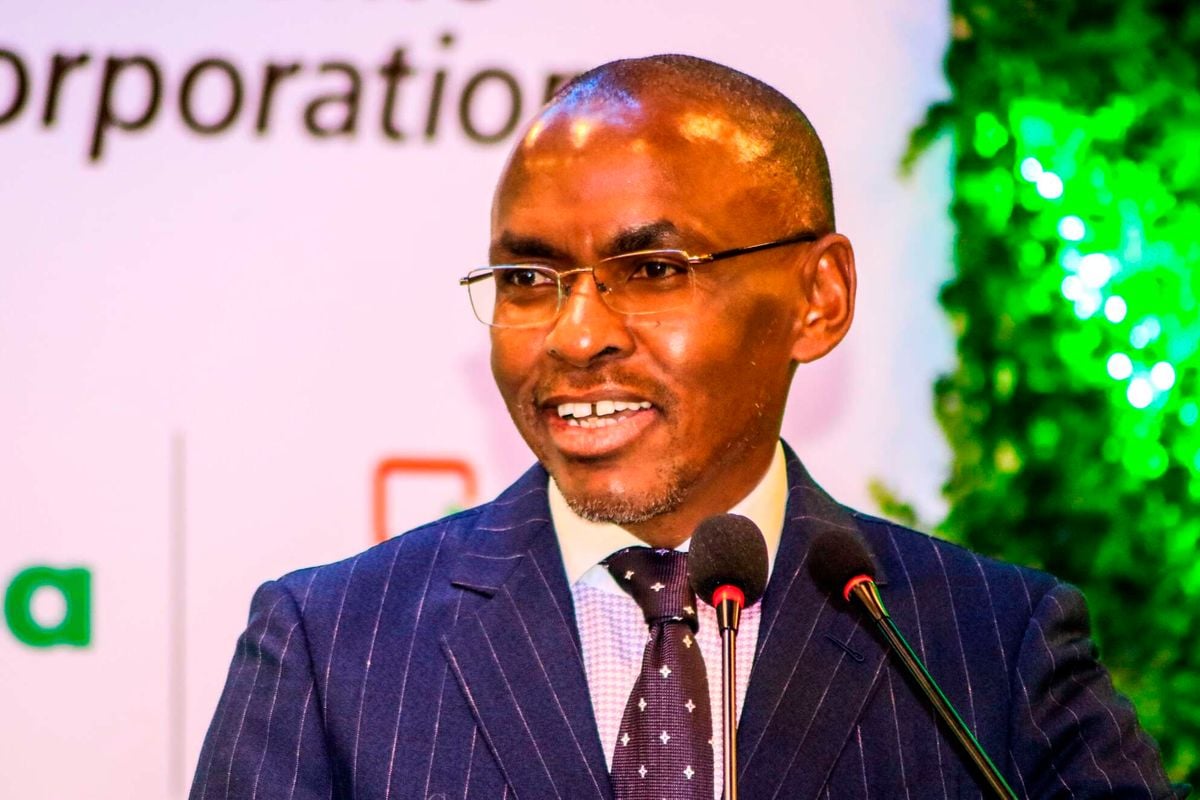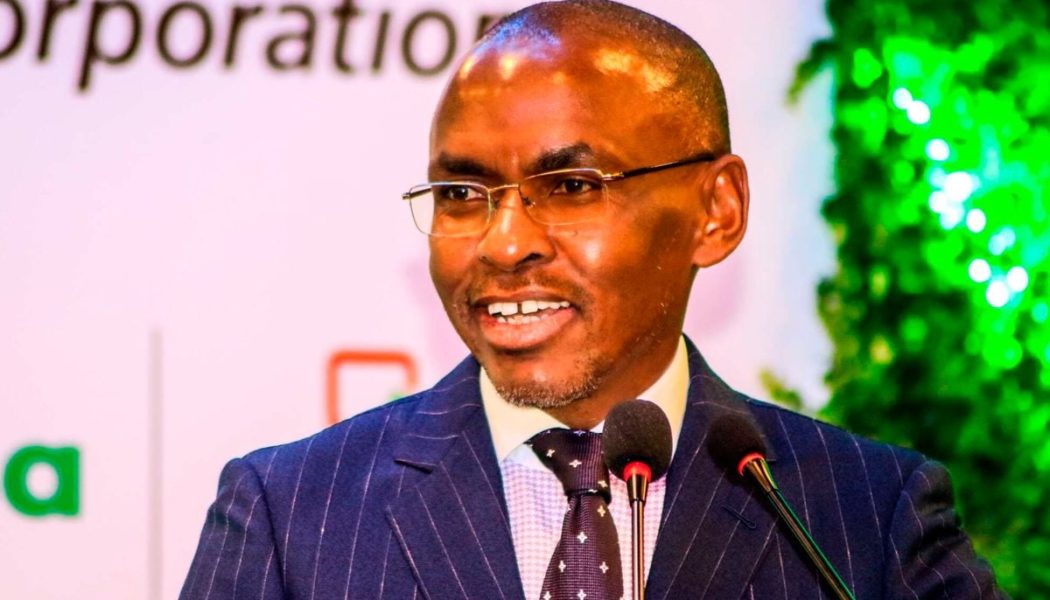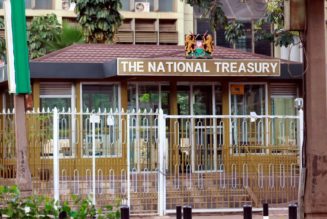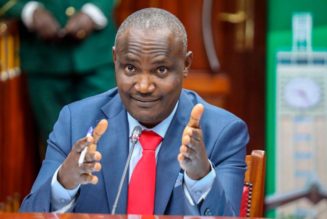
More than half of Safaricom’s voice usage in Kenya is now powered by a mix of loaned airtime, freebies and donations from those receiving calls, underlining the decline of this business line amid increased competition and growth of alternative communication channels.
Voice, whose revenue peaked at Sh95.8 billion in the year ended March 2019, was initially the primary means of communication for Kenyans who bought airtime for their lines in cash.
A weakening of the business in subsequent years has seen Safaricom respond with aggressive promotions and innovations such as allowing subscribers to borrow airtime (through the Okoa Jahazi feature) or talk at the expense of the people they are conversing with (reverse call).
The impact of these interventions is that the voice business, whose revenue declined to a new low of Sh79.5 billion in the year to March 2024, has deteriorated at a slower pace than normal.
“We are leveraging on largely the call completion innovations to our customers –what we call ‘Okoa Jahazi’, reverse calling options and the 3-second free call to enable our customers to establish a call at least for 3 seconds for free,” Safaricom says in its latest annual report.
“There over two million customers using reverse calls, over 800,000 customers using the 3 secs free call and over one million customers using the Fuliza Airtime plans. These initiatives are powering over 50 percent of voice usage.”
This indicates that talk time worth at least Sh39.75 billion was due to the interventions in the voice business, keeping revenue from falling sharply amid competition from Airtel Kenya and uptake of alternative communication channels such as WhatsApp and other social media platforms.
Safaricom introduced the reverse call feature in 2019, allowing customers without airtime to make a call whose cost is borne by the receiver. This has facilitated more calls, generating revenue from the service.
A receiver is alerted of the potential billing before talking to the caller, giving them the option to terminate or proceed with the call.
More than 130 million reverse calls have been made since the service was introduced, indicating its growing popularity among low-income earners calling their relatives and friends.
The telco launched the short-term credit facility –Okoa Jahazi— in 2009 to enable subscribers to borrow airtime when they are unable to make cash purchases.
Through Fuliza, another short-term credit service, Safaricom was able to unlock additional Sh19.8 billion worth of airtime purchases between November 2022 and March 2023 alone. The telco also offers limited free calls, targeting customers with low spending on airtime per month. The mix of innovations, promotions and credit have raised usage of voice services but lowered the earning power from the business.
The minutes of use per subscriber increased 15.9 percent to 189.41 in the year ended March 2024. The rate per minute in the same period meanwhile fell 12.7 percent to Sh1.25.
The revenue of Sh79.5 billion from the voice business in the review period marked a small decline from Sh80.9 billion a year earlier.
“Voice revenue declined by 1.7 percent year-on-year to Sh79.51 billion reflecting the global impact of the downward trend of voice service,” Safaricom said in the report.
“We continue to offer better integrated and segmented propositions through our Customer Value Management (CVM) initiatives to drive affordability and usage.”
The biggest decline was recorded in the year to March 2021 when revenue from the segment contracted by Sh11.9 billion to Sh82.5 billion, partly due to the disruptive impact of the Covid-19 pandemic. Besides increased competition and use of other communication tools, voice revenues have also taken a hit from a gradual decline in mobile termination rates (MTRs).
MTRs are the charges levied by a mobile service provider on other telecommunications service providers for terminating calls on its network. The Communications Authority of Kenya (CA) settled on an MTR of Sh0.41 per minute in November last year, down from the previous Sh0.58 per minute. The decision further cut revenues for Safaricom which has been a net beneficiary from the charges based on its leading market share of about 65 percent in the voice business. The new rates will be in place for two years before the next review.
While voice is set for a long-term decline, Safaricom has benefited from expansion in the data and mobile money business whose contribution to total revenue has increased over the years.









